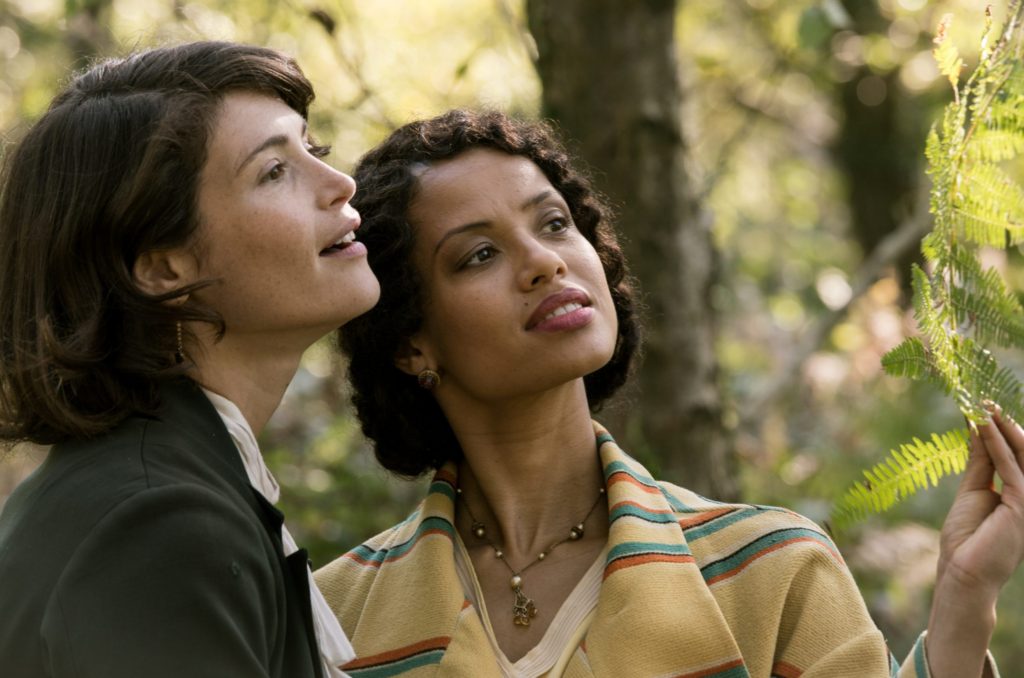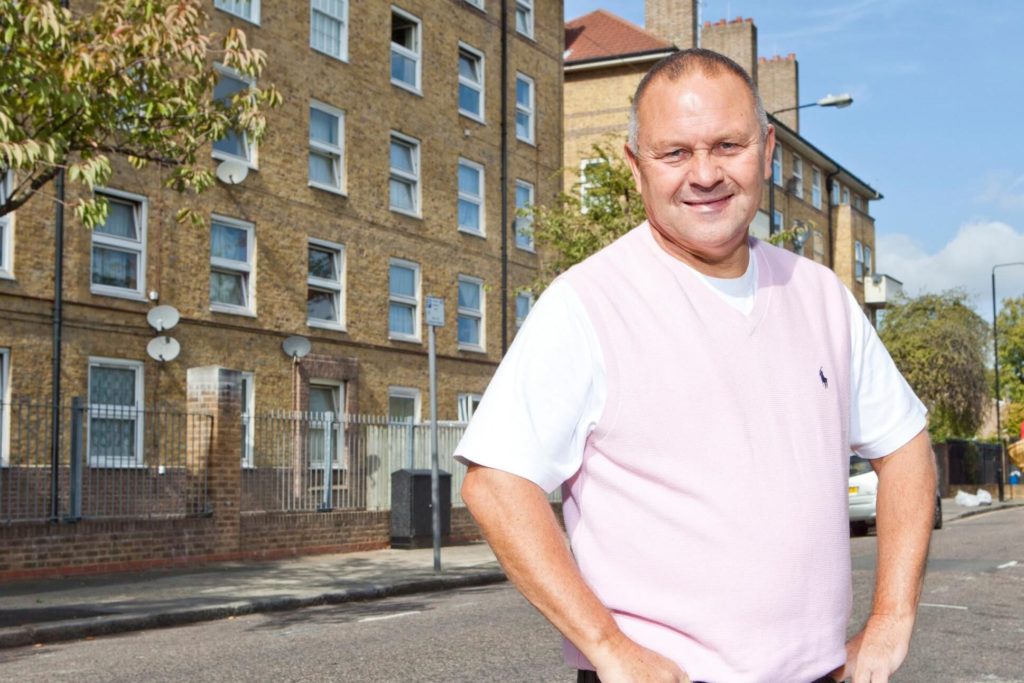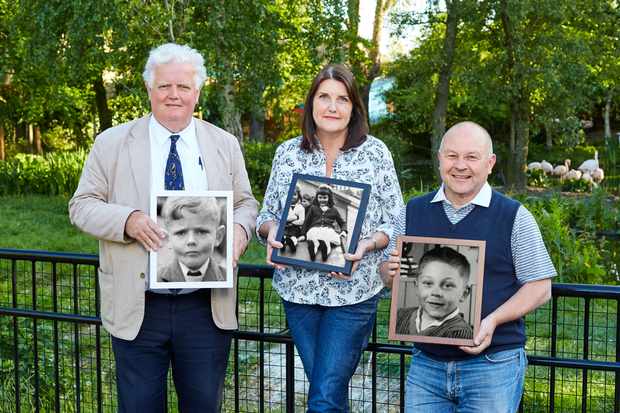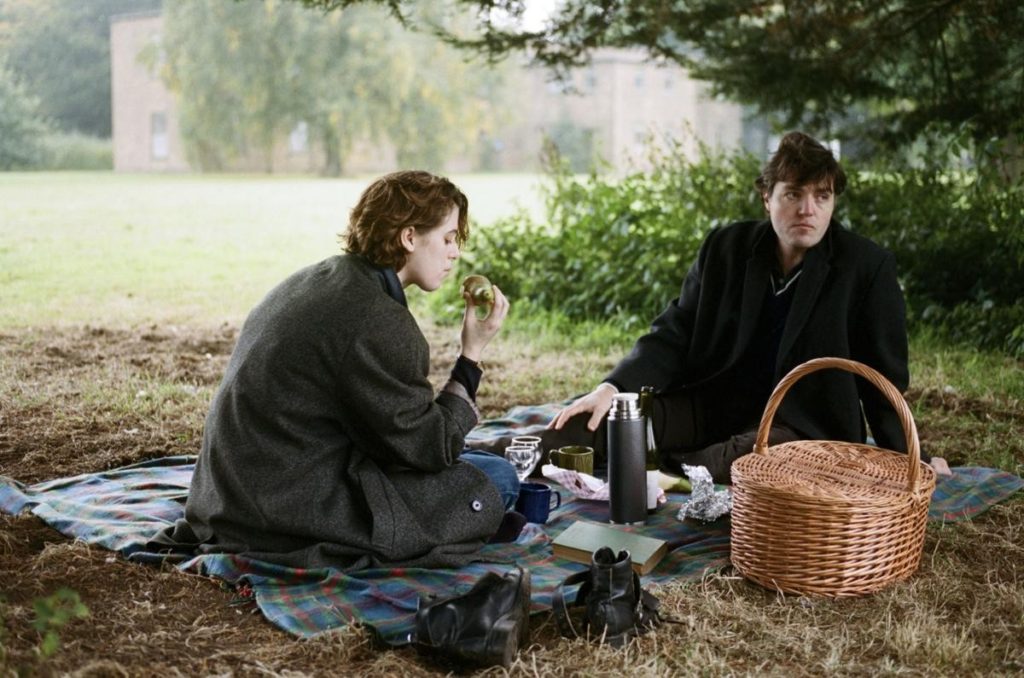
An agreeable star playing a disagreeable character, Gemma Arterton elevates the melodrama Summerland. Arterton plays a writer self-isolating in an English country village. Self-absorbed, crusty and even mean, she finds herself being assigned to care for a young boy evacuated from the London Blitz.
Why is she like this? We learn that she has been damaged, first by the childhood loss of her father, and then by the loss of her great love. It turns out that everyone in Summerland is damaged by loss – after all, there is a devastating war going on. And, the English are not disposed to letting out their feelings.
Summerland is about addressing the needs of one child. The war has made his parents unavailable, his guardian is reluctant and poorly-equipped, and the emotional capacity of his community is not apparent.
There are two surprises in the plot, and the biggest one is unpredictable; both are contrived – you can either suspend disbelief or not. I was watching with two women who couldn’t get past the unsympathetic behavior of the writer to embrace the story.
Once again, Gemma Arterton proves that she is versatile and can carry a movie on her own. Her work has ranged across genres to the Bond Girl in Quantum of Solace. In the light comedy Tamara Drewe, the main joke is that the main character suddenly transforms into someone who looks as stunning as, well, Gemma Arterton. In Gemma Bovery, Arteron and the French comic actor Fabrice Luchini deliver a smart, contemporary take on Madame Bovary.
The supporting cast is excellent: Gugu Mbatha-Raw (Belle and lots of TV), Penelope Wilton (Downton Abbey), Tom Courtenay (Oscar-nominated decades apart for The Dresser and Doctor Zhivago) and Sian Phillips (Livia in I, Claudius back in 1976).
This is the first feature for writer-director Jessica Swale, She did an excellent job directing the child actors – Lucas Bond and Dixie Egerickx (now starring in The Secret Garden) – to fine performances.
Summerland is essentially a melodrama that finally arrives at a heartwarming conclusion; as such, it’s moderately satisfying. Summerland is available from all the major streaming services



